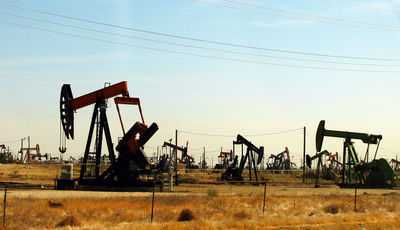Fossil fuel formation refers to the process that takes place over the time span of hundreds of millions of years to produce a variety of fossil fuels including coal, oil, and natural gas. Although all of the produced materials begin as organic material and are transformed over a large time span due to burial by sediment, pressure, and temperature, different conditions result in the formation of different types of fossil fuels. Even within one "class" of fossil fuel (such as oil) there are a variety of ways that the oil can form and each method results in a different oil deposit, sometimes requiring special techniques to access
Types of Fossil Fuel Formation
There are three major types of fossil fuel formation, and they are:
Oil formation: Although traditional oil reserves form in relatively the same way, the oil sands form in a slightly different way. Additionally, shale oil is oil that forms in a special type of reserve from kerogen trapped inside low permeability shale.
Natural gas formation: Traditional natural gas reserves form in essentially the same manner, however shale gas and tight gas are two special types of natural gas. Tight gas is gas trapped inside of a rock with extremely low permeability—typically limestone or sandstone. In contrast, shale gas is a type of natural gas that is trapped within shale formations.
Coal formation: Coal formation differs from oil and natural gas formation as burial for extended periods of time leads to different varieties of coal. Namely, extended burial results in the formation of lignite, sub-bituminous coal, bituminous coal, and anthracite
Author: Mohsen Shahvar

